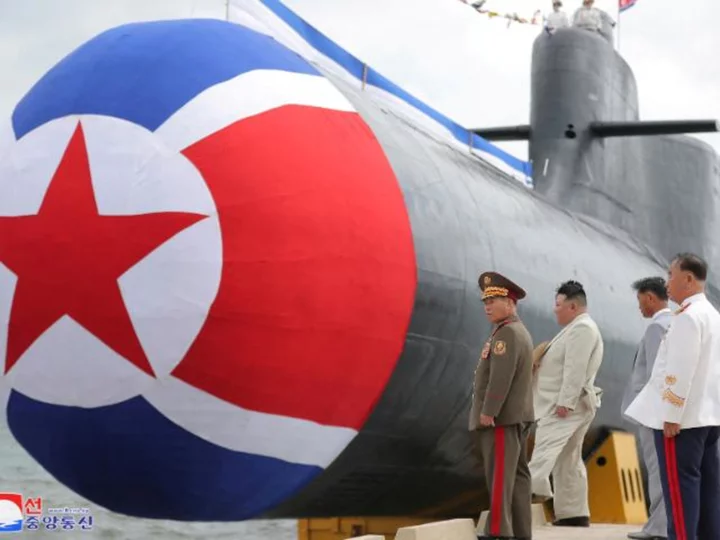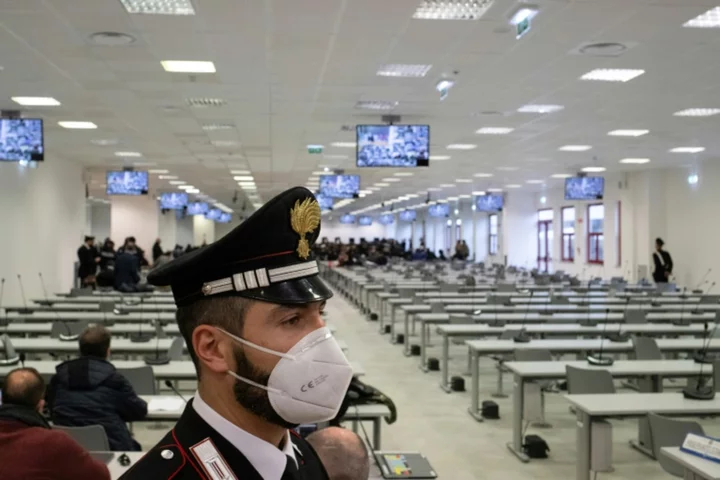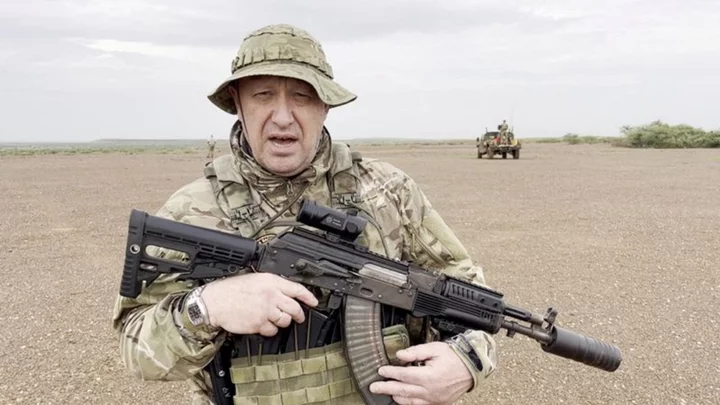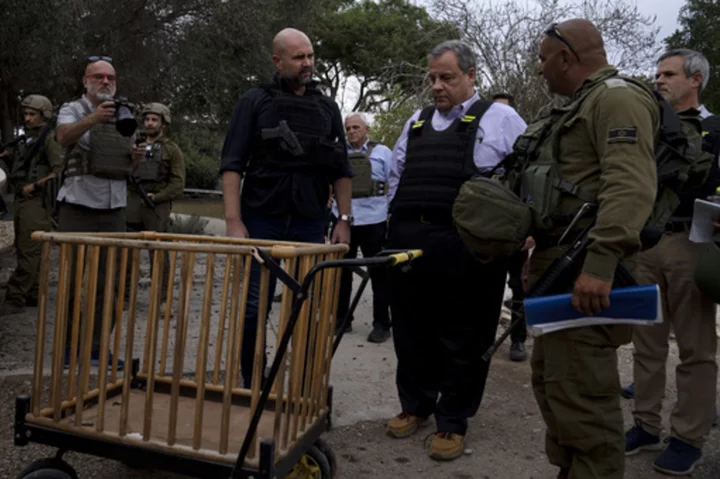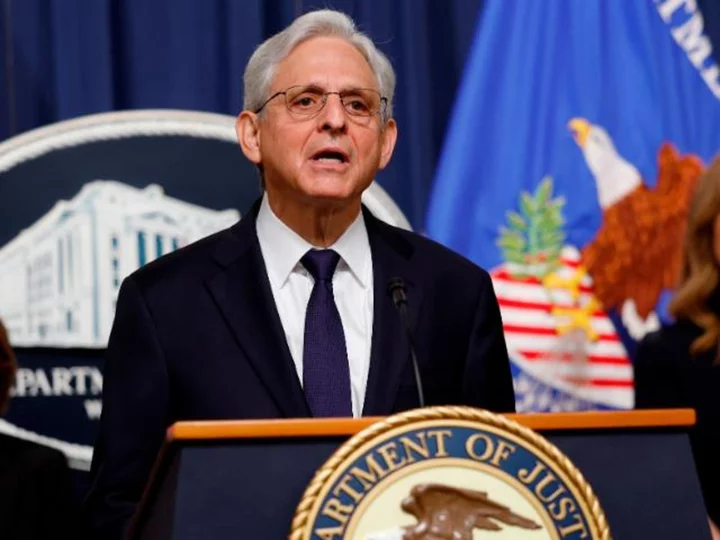North Korea has amended its constitution to bolster and expand its nuclear force, with leader Kim Jong Un pointing to the growing cooperation between the United States, South Korea and Japan as "the worst actual threat" facing the isolated nation.
The country's rubber stamp parliament added the law into North Korea's constitution after two days of meetings, meaning its policy of strengthening its nuclear force is now permanent, the state-run Korean Central News Agency (KCNA) reported on Thursday.
The move, while mostly symbolic, reinforces North Korea's view that it is a forever nuclear power and that the idea of denuclearizing or giving up its weapons, a key demand of the US and its Western allies, is not up for discussion.
It was passed by North Korea's Supreme People's Assembly (SPA), where leader Kim Jong Un addressed participants and called the move a "historical event that provided a powerful political lever" that boosts national defense capabilities and protects national interests.
Kim also justified Pyongyang's accelerating weapons development program by pointing to the trilateral military cooperation between the United States, South Korea and Japan -- which he called "the worst actual threat, not threatening rhetoric or an imaginary entity," KCNA reported.
He added that the new law was "the most just and reasonable crucial step which fully meets not only the urgent requirements of the present era but also the lawfulness and the long-term requirements of building a socialist country."
Andrei Lankov, a professor and longtime North Korea expert at Kookmin University, said the new law "doesn't appear to be any significant new commitment."
"They declared that North Korea will work to increase its nuclear arms production. However, this isn't surprising, as they have been steadily pursuing such activities regardless," Lankov said, adding that it "essentially reiterated North Korea's long-standing official position."
The KCNA report came just days after North Korea's ambassador to the United Nations, Kim Song, addressed the UN General Assembly on Tuesday. The ambassador claimed Pyongyang had needed to build up its "self-defense capabilities" because of "imminent danger" of nuclear war on the Korean Peninsula, accusing the US of spreading its influence in the region.
And earlier this month Kim Jong Un met with Russian counterpart Vladimir Putin during a six day visit that alarmed the West over the potential for military cooperation between Moscow and Pyongyang.
Prior to the trip, US officials warned that North Korea could provide Russia with weaponry to aid its stuttering invasion of Ukraine, and in return receive help with its own nuclear weapons and missile program.
During the meeting, Putin accepted Kim's invitation to visit North Korea, according to the Kremlin. It said Russia's Foreign Minister Sergey Lavrov is also set also visit North Korea in October.
Push for denuclearization
The latest constitutional amendment follows a similar move last year at an SPA meeting, where North Korea passed a bill declaring the country a nuclear weapons state.
At the time, Kim vowed that there would be no denuclearization or any negotiations on denuclearization -- and the new law appears the final nail in the coffin, with relations between North Korea and its rivals having deteriorated steadily in recent years.
North Korea's last nuclear test, its sixth so far, took place in 2017 amid escalating threats from Pyongyang and Washington. The test came just a month after then-President Donald Trump famously warned that any further threats from North Korea would be met with "fire and fury like the world has never seen."
Testing came to a halt in 2018 as the two leaders held talks and relations thawed, raising hopes for a potential deal on denuclearization. But after several summits between Trump and Kim -- including an extraordinary moment where Trump became the first sitting US leader to step inside North Korea -- talks fell apart, and no deal materialized.
The Covid-19 pandemic likely also delayed the resumption of North Korea's weapons development program, experts say -- but it came roaring back in 2022, with the country firing a record number of missiles, and satellite imagery showing renewed activity at its underground nuclear test sites.
The tests have also seen US, South Korea and Japan draw closer together, with the leaders of all three nations meeting earlier this summer at the Camp David retreat in Maryland, where they announced new military exercises and a new annual trilateral summit.
It heralded a new "era of cooperation," said US President Joe Biden after the summit -- which was strongly condemned by Pyongyang, with North Korean state media releasing images of Kim inspecting a missile test just days afterward.

